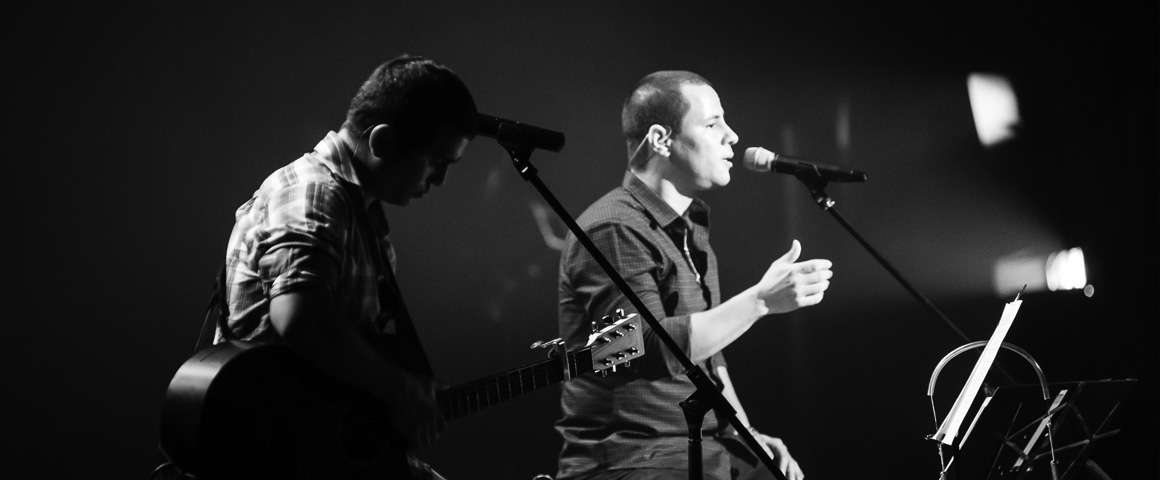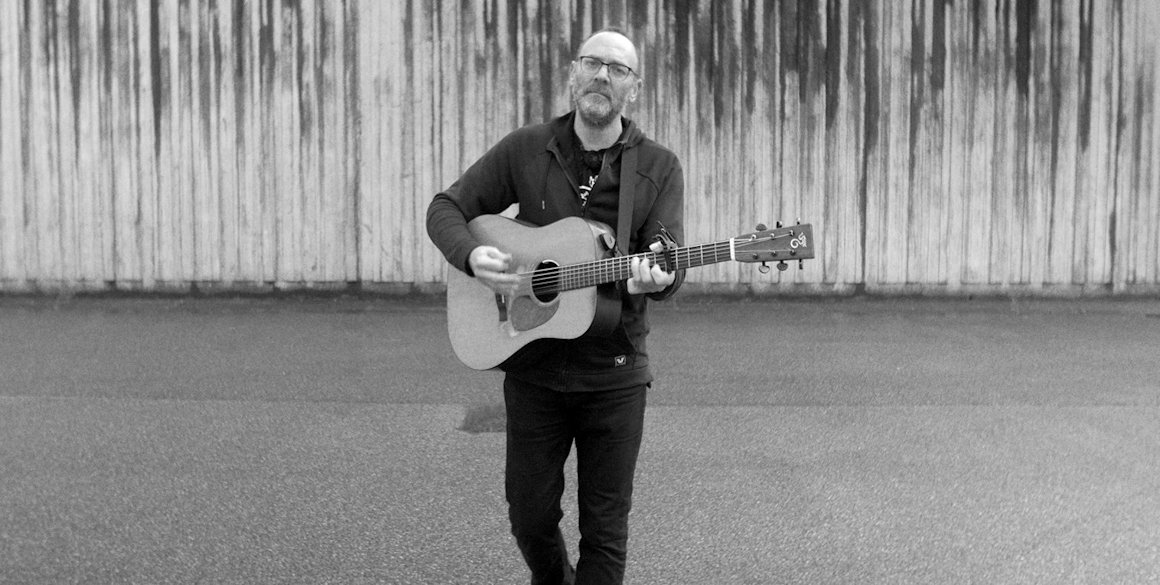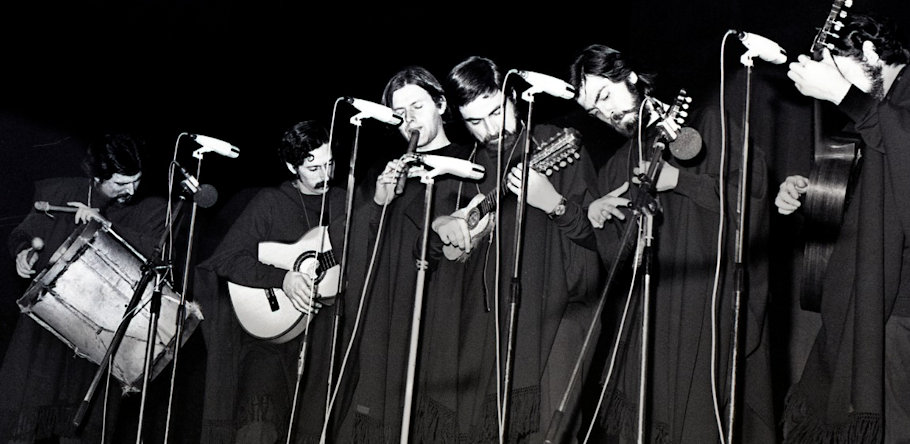Dylan’s Nobel Prize Lecture
Bob Dylan ruffled feathers in Oslo last October by skipping the Nobel Prize ceremony, sending a written statement instead. He left it to rock poet Patti Smith to deliver a memorable rendition of his song “A Hard Rain’s a-Gonna Fall” to the assembled dignitaries. But his Nobel Prize Lecture, submitted on June 6th, makes amends for any perceived slight. It comes as a 27-minute audio recording, complete with tinkling piano accompaniment. Dylan asks himself just what his songs have to do with literature. He tells anecdotes about early musical influences, Buddy Holly and Leadbelly, and describes how he explored “the devices, the techniques, the secrets, the mysteries” of the vast trove of American folk music which formed the basis of his songwriting. He then turns to literature, citing novels read in school, the themes of which “worked their way into many of my songs, either knowingly or unintentionally.” What follows is a fascinating retelling of the events, characters, and feel of Melville’s Moby Dick, Remarque’s anti-war classic, All Quiet on the Western Front, and Homer’s The Odyssey. Dylan concludes with a reminder that “lyrics in songs are meant to be sung, not read on a page.” Listen to the lecture here.
Cash family condemns racist violence
The children of American country music star Johnny Cash have condemned the action of a Charlottesville, Virginia white-supremacist who wore a t-shirt bearing the singer’s face, saying their father would have been sickened by the sight. The family’s statement was posted on Facebook on August 16 by Cash’s daughter, singer-songwriter Rosanne Cash. The image of Cash on a racist’s t-shirt circulated widely on YouTube in the aftermath of fascist torchlight parades and street violence in Charlottesville on August 11-12. The far-right’s fury culminated in the killing of Heather Heyer, a 32-year-old paralegal, and the injuring of 19 other anti-fascists. James Alex Fields, 20, a Nazi sympathizer, was charged with second-degree murder after ramming his car into the crowd. “Johnny Cash was a man whose heart beat with the rhythm of love and social justice”, the family statement says. “The white supremacists and neo-Nazis who marched in Charlottesville are poison in our society, and an insult to every American hero who wore a uniform to fight the Nazis in WWII”. Johnny Cash, who died in 2003, opposed the Vietnam war, championed indigenous peoples’ rights, spoke out against against antisemitism, and was a prominent advocate for prisoners’ rights.
Text messages of the Apocalypse
In this era of instant communication, news shared in peer-to-peer conversation makes connections ignored by the corporate media. Such can be inferred from “Text Messages of the Apocalypse”, a new tune by topical songwriter David Rovics. The song, released on YouTube, is a dialogue between two Americans in environmental disaster zones at opposite ends of the country: “I got a text from Tampa as the hurricane approaches / The biggest ever seen / We’re seeking higher ground here / How are you out west In the land of the evergreens?” / “I got a cloth upon my face, hibernating in place / As the ash falls all around / But at least I’m in the northwest, breathing smoke from all the fires / Instead of the in the southeast being drowned.” This dramatic exchange might well lead one to ask: how come mainstream media downplays the links between these extreme weather patterns? Corporate control of the media is the obvious answer. “Text Messages of the Apocalypse” suggests a response that’s as old as digital technology is new. We can by-pass corporate media distortions by communicating directly with one another. Of course, but organizing collectively to fight the system is even better.
Changing Cuban music scene in Miami
Young people in Miami who love Cuban music are growing indifferent to the political divisions of the past, says a recent article in the Miami Herald. According to journalist Vilma Canalejo, more and more Cuban musicians are frequenting the Florida metropolis. Until recently, it’s been difficult for local impresarios to book artists from the island, but last year’s thaw in Cuban-U.S. relations opened the door. So far, the Trump Administration’s anti-Cuba rhetoric has not put a halt to the trend. Javier Otero, who manages Cuban artists Buena Fe and Los Van Van, and has produced concerts for Silvio Rodriguez, says that Cuban musicians are attracted to Miami because of the presence of big record companies, and the opportunity to be heard on radio and television. Miami is the host city for the industry’s top international awards, like the Latin Grammys, and the Latin American Music Awards. While the frequency of Florida appearances by Cuban artists has increased, there are occasional political flare-ups. The popular duo Buena Fe, for example, cancelled a U.S. tour last December after people in Tampa complained about their public homage to Fidel Castro following his death.




